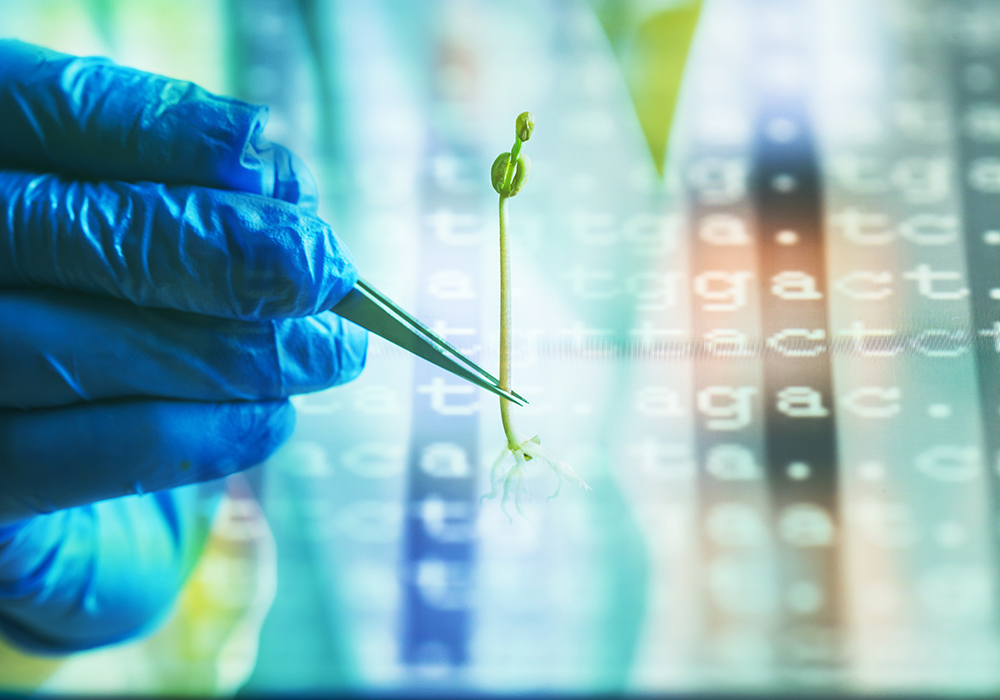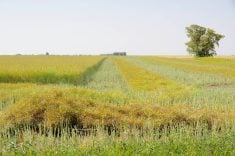Debunking myths and lowering concerns about genetically modified organisms and gene editing must remain a focus for the agricultural sector, a conference was told last month.
Ian Affleck, vice-president of plant biotechnology at CropLife Canada, said during the Farm and Food Care Saskatchewan meeting that consumers don’t have a high opinion of plant breeding, illustrating with a graph that while more people are OK with plant breeding than gene editing, most people surveyed didn’t have an opinion.
“How can we expect the public to be comfortable with modern techniques like gene editing and GMOs if they barely have an opinion on plant breeding at large?” Affleck said. “They don’t have a base on which to build for our information to land with.”
Read Also

Fuel rebate rule change will affect taxes and AgriStability
The federal government recently announced updates to the fuel rebates that farmers have been receiving since 2019-20.
“So I think what we learned from this is that we have a lot of work to do as a plant breeding sector, not just to explain GMOs and gene editing, but to explain plant breeding across the board, to put it in context so that people can understand how these new tools are beneficial to the really great endeavor of plant breeding.”
Affleck said it’s not that all consumers are anti-plant breeding or anti-GMO, but that they often don’t understand.
Alison Van Eenennaam, a co-operative extension specialist at University of California, Davis, also spoke at the conference on the subject of gene editing in livestock using the CRISPR technique.
According to the book CRISPR: A Powerful Way To Change DNA by Yolanda Ridge, the biotechnology has the potential to feed the world without harming the environment, as well as increasing disease resistance.
Eenennaam said gene editing can be used to make the cattle better suited for their environments and their producers.
“Background genetic variation is where genome editing comes into play because we can have a look at these different mutations and say, ‘in order to make that alteration, I can use my genetic scissors… to go in and make a targeted double strand cuts in the DNA of that particular location,’” Eenennaam said.
“It’s that explicit precision in targeting — that’s what is unique about this as compared to older technologies.”
In past research, Eenennaam has used genome editing to prevent horns from growing on dairy cattle so they wouldn’t have to be dehorned.
But the work faced backlash and hesitancy due to the genome editing.
In Canada, genome-edited livestock are regulated based on if their products contain novel traits. In comparison, the United States highly regulates gene-edited animals. Argentina doesn’t treat gene-edited animals any different than regular animals.
“I really feel like we need to get out there and tell compelling narratives, especially food and ag scientists and farmers around because these alternative facts and unspoken trade-offs have real environmental impacts,” Eenennaam said. “And that’s one of the reasons I got involved with Food Evolution.”
The 2016 movie explores the public discourse around the science of genetically modifying food.
















